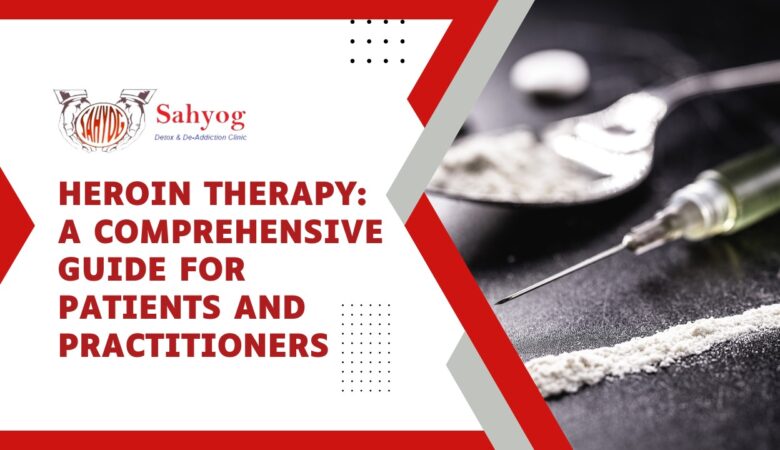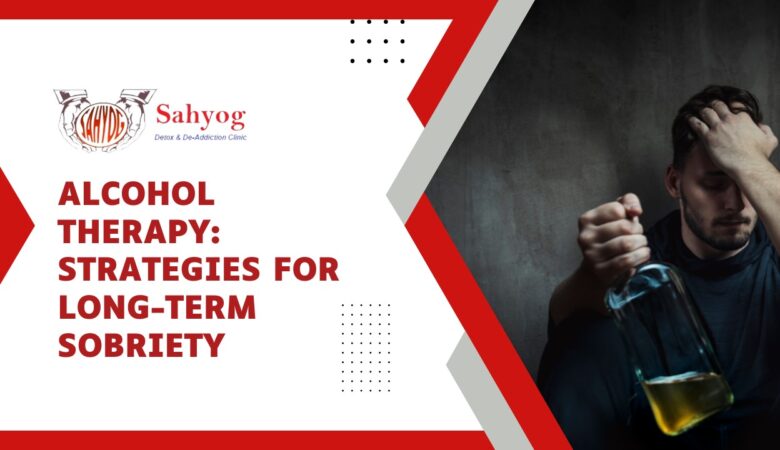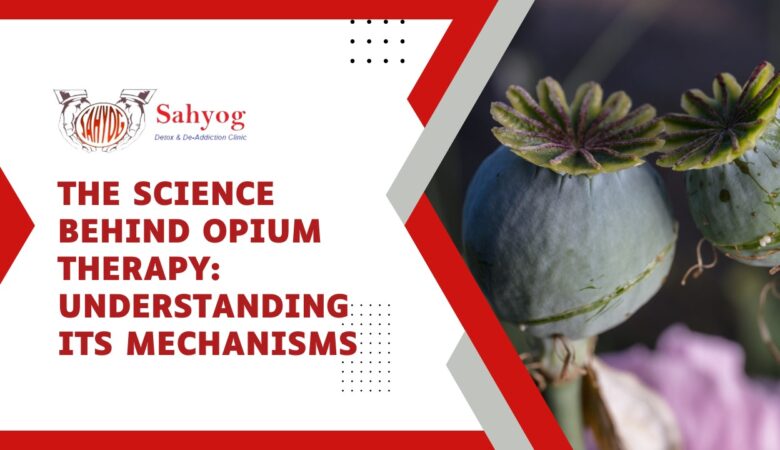Speech Development: Does Your Child Need Therapy?
Introduction to Speech Development As parents, we eagerly anticipate the exciting milestones in our child’s development. From their first steps to their first words, each moment is a cause for celebration. But what happens when your little one struggles with speech? Is it just a temporary hiccup, or could there be something more going on? In this blog post, we’ll delve into the fascinating world of speech development and explore whether your child may benefit from therapy. We’ll discuss the signs to look out for, the incredible benefits that speech therapy can provide, and how you can find the perfect therapist for your precious bundle of joy. So grab a cup of coffee (or tea!) as we embark on this journey together and discover how early intervention can make all the difference in nurturing your child’s speech skills. Let’s dive in! Signs that Your Child May Need Speech Therapy Is your child having difficulty expressing themselves verbally? Are they struggling to form words or sentences? These could be signs that your child may need speech therapy. While every child develops at their own pace, there are certain red flags to look out for when it comes to speech development. One common sign is a delay in language skills. If your child is not reaching milestones such as babbling by six months, using simple words by 12 months, or combining words into short phrases by two years old, it may be a cause for concern. Another sign is difficulty with articulation. If your child consistently mispronounces sounds or has trouble making certain vowel or consonant sounds, it could indicate the need for therapy. Additionally, if your child’s speech is unclear and difficult to understand even after the age of three or four, it might be worth considering speech therapy. Other signs include limited vocabulary compared to peers of the same age, frequent frustration when trying to communicate, and difficulty following directions or understanding questions. If you notice any of these signs in your child’s communication abilities, it’s important not to panic but instead seek professional evaluation from a qualified speech therapist. Early intervention can significantly improve outcomes and help set them on the right path towards better communication skills. So don’t hesitate – consider talking to a professional who can assess whether speech therapy would benefit your child! Benefits of Speech Therapy for Children Speech therapy can have a profound impact on a child’s development and overall well-being. It goes far beyond simply improving their ability to communicate effectively. Let’s explore some of the key benefits that speech therapy can provide for children. First and foremost, speech therapy can help children develop clear and understandable speech. This is crucial for effective communication with others, whether it be at home, school, or in social situations. By working with a trained therapist, children can learn proper pronunciation techniques and gain confidence in expressing themselves verbally. In addition to improving speech clarity, therapy sessions also focus on enhancing language skills. Speech therapists use various activities such as games, exercises, and storytelling to promote vocabulary expansion and improve grammar usage. These language skills are essential for academic success as well as forming meaningful connections with peers. Furthermore, speech therapy plays a vital role in addressing any underlying issues that may be causing communication difficulties. For example, children who struggle with oral motor skills may benefit from specific exercises designed to strengthen the muscles used in speaking and swallowing. Another important benefit of speech therapy is its ability to boost self-esteem and confidence in children. When they see progress in their abilities over time through consistent practice with their therapist, they become more motivated to continue working towards improvement. Additionally, speech therapy provides an opportunity for early intervention when it comes to identifying other developmental disorders or delays. Therapists are skilled at recognizing potential red flags related not only to speech but also cognitive abilities or hearing impairments that may require further evaluation by specialists. The benefits of early intervention through speech therapy cannot be overstated. By addressing communication challenges early on during childhood years when the brain is most receptive to learning new skills will set your child up for success both academically and socially throughout life. Remember: every child is unique so it’s important to consult professionals if you have concerns about your child’s speech development! Different Types of Speech Disorders and How Therapy Can Help Speech disorders can vary greatly in their nature and severity. Each disorder presents unique challenges, but the good news is that speech therapy can be highly effective in helping children overcome these difficulties. Articulation disorders are a common type of speech disorder where a child struggles to pronounce certain sounds or words correctly. This may result in unclear or distorted speech, making it difficult for others to understand them. With targeted therapy techniques, such as articulation exercises and tongue placement drills, children can learn how to produce sounds accurately. Language disorders involve difficulties with understanding or using language effectively. Children with receptive language disorders struggle to comprehend spoken or written language, while those with expressive language disorders have trouble expressing themselves clearly. Speech therapy interventions like vocabulary-building activities, comprehension exercises, and storytelling sessions help enhance communication skills. Fluency disorders include conditions such as stuttering and cluttering. These affect the flow and rhythm of speech, causing interruptions or rapid bursts of words. Through various therapeutic approaches like breathing exercises, relaxation techniques, and gradual desensitization strategies, individuals can improve their fluency patterns. Voice disorders refer to issues related to pitch, volume, tone quality or resonance of voice production. Treatment options for voice disorders may involve vocal hygiene education (such as avoiding excessive shouting), vocal warm-up exercises before speaking engagements or singing lessons tailored specifically for improving voice control. Speech therapists also play a crucial role in assisting children who have pragmatic language impairments – difficulty using appropriate social communication skills in different contexts. Therapists use social stories teaching perspective-taking skills through modeling appropriate responses during interactions while incorporating real-life










